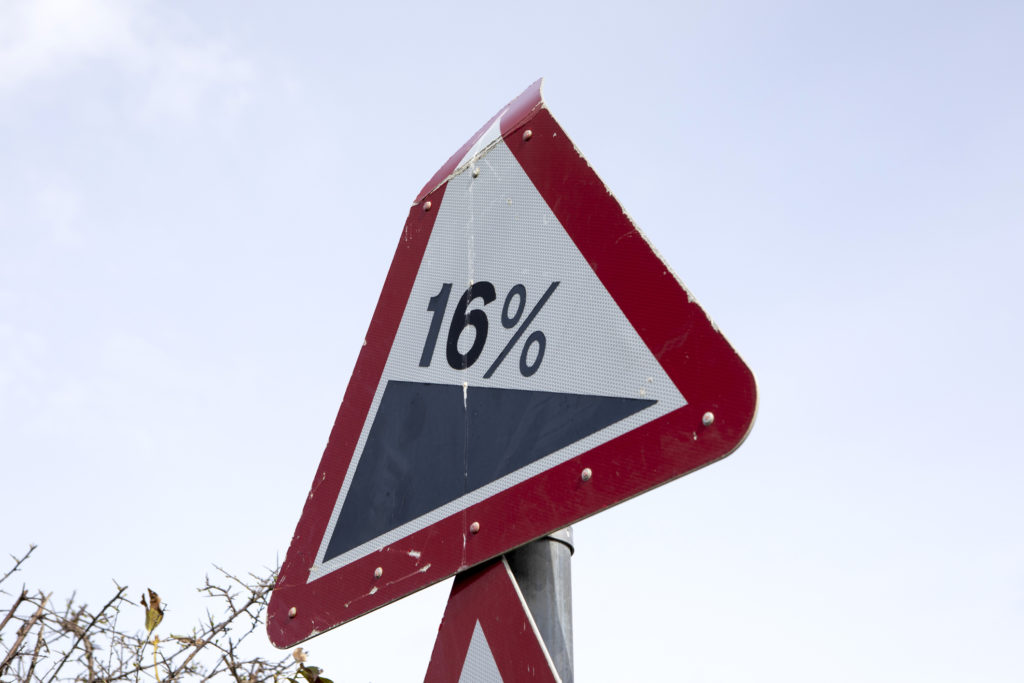Glimmer of hope for the European light-commercial-vehicle market in April
26 May 2022

Although the poor performance of the EU light-commercial vehicle (LCV) market continued in April, an adjustment for working days reveals an improvement on the March figures.
The EU LCV market contracted by 30.2% year on year last month, with fewer than 100,000 units registered, according to the latest data from the European Automobile Manufacturers’ Association (ACEA). This is the biggest decline so far in 2022, and suggests a deterioration compared to the 28.7% year-on-year downturn in March. However, there was at least one less working day in EU markets than in April 2021. Accordingly, Autovista24 calculates that the LCV market fell by around 26% last month, providing a glimmer of hope for the sector.
Consisting predominantly of vans, the light-commercial vehicle market was the main contributor to the dramatic decline across the whole commercial-vehicle sector last month. Overall, registrations declined 27.1% year on year to 125,034 units. Nevertheless, adjusted for working days, the estimated 23% decline is a subtle improvement on the 24.9% downturn in March.
The glimmer of hope in the commercial-vehicle figures reflects the signs of improvement in EU new-car registrations last month as disruption to production and deliveries caused by the war in Ukraine dissipates.
Year-to-date deterioration continues
All four major EU LCV markets suffered double-digit year-on-year declines last month. Spain saw the greatest fall, with 9,366 registrations equating to a 41% contraction. France, Germany, and Italy each posted 31.8%, 33.6%, and 17.2% market declines, respectively.
The market losses are replicated in the year-to-date figures. Italy has fared the best, with 57,545 registrations marking a year-on-year downturn of 8% in the first four months of 2022. Germany endured a decline of 18.8% and France a 26.1% drop, but Spain has been hardest hit. With only 35,429 new light-commercial vehicles registered between January and April, the sector has receded by 37.2% in the country.
Austria’s LCV market has suffered the greatest losses so far in 2022, however, contracting by 55.2% compared to the same period last year. Only three EU member states have posted positive results – Latvia (15.9%), Cyprus (5.6%) and Slovakia (3.9%).
Across the EU, 23.5% fewer light-commercial vehicles were registered than in January to April 2021. The market’s fortunes are expected to improve as supply chains recover from the disruption caused by the war in Ukraine. Nevertheless, challenges remain, with rising inflation and high fuel prices adding operational costs, especially in the logistics sector, which will invariably impact new-van sales.
Outside of the EU, the UK’s LCV market declined for the fourth month in a row in April, with new registrations down 29.1% year on year. The downturn was, therefore, slightly less pronounced than in the EU, but the country’s light-commercial-vehicle market has contracted by 24.9% in the first four months of 2022. This is a harsher decline than in the EU and has dragged the Europe-wide fall in LCV registrations down to 23.8%.
Heavy-truck growth turns negative
Europe-wide, registrations of medium and heavy-commercial vehicles (MHCVs) have fared better than LCVs so far in 2022, declining 12.4% last month and 5.4% year-to-date. The sector is dominated by heavy trucks, with a gross vehicle weight over 16 tonnes, registrations of which fell 10.7% year on year last month. This has turned their year-to-date growth into a negative too, with a 2.7% decline. Medium and heavy buses and coaches (MHBCs) only fell 0.7% year on year last month, but the sector remains in positive territory year-to-date, expanding by 5.1% compared to the first four months of 2021.
Overall, the whole European commercial-vehicle market contracted by 27.1% year on year last month, extending the year-to-date decline to 20.8%. All of Europe’s leading markets have posted declines in the first four months of 2022, with double-digit drops in France, Germany, Spain, and the UK. Italy has performed comparatively well, contracting by 7.7%, but only four small European markets have grown – Cyprus, Latvia, Slovakia, and Iceland.



